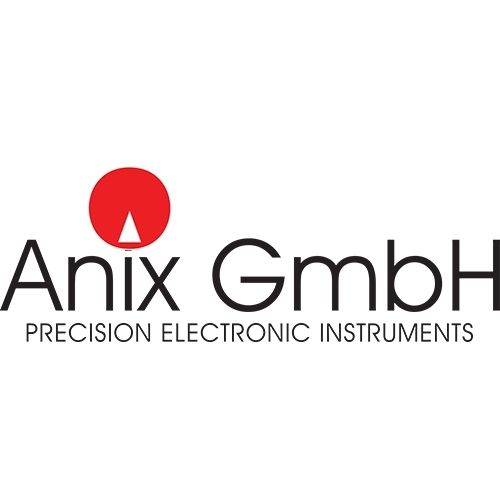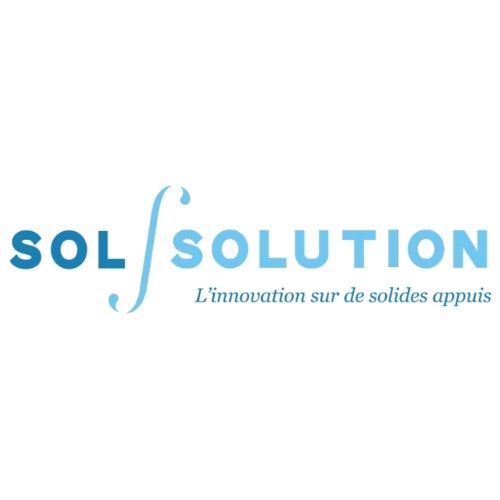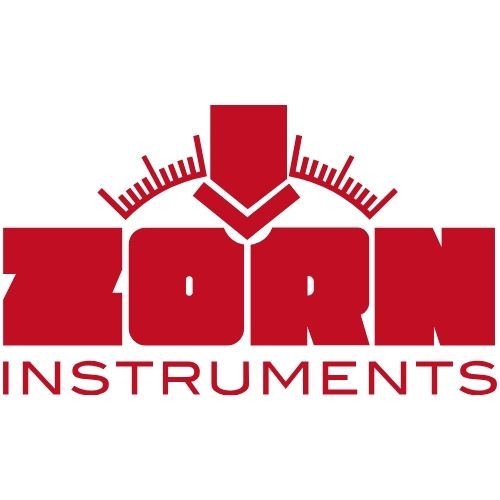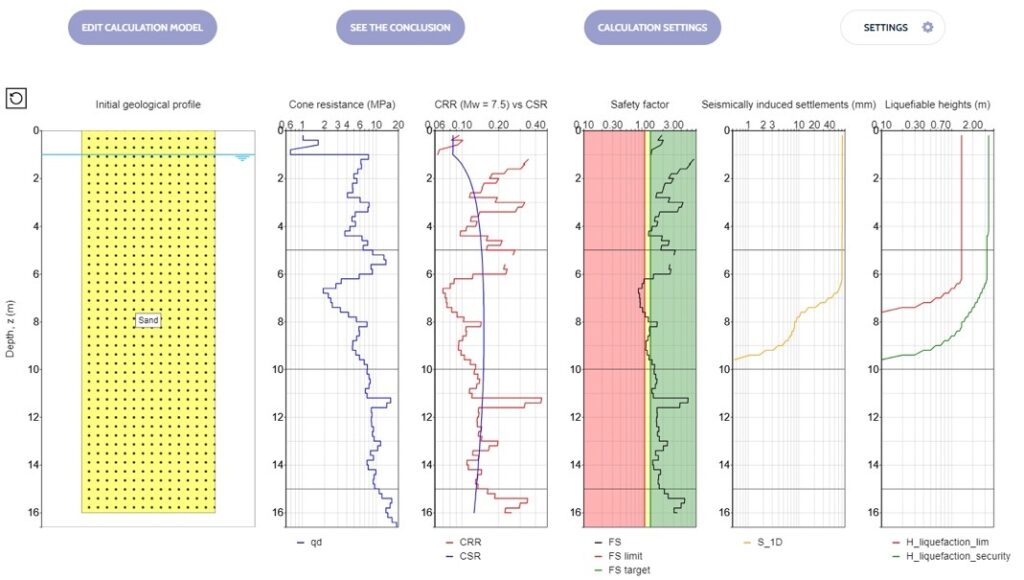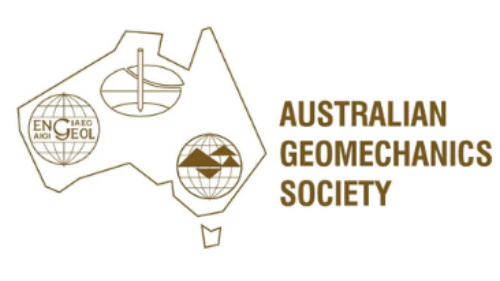What is Intelligent Compaction?
- Roller mounted real-time compaction monitoring for soils and asphalt layers
- Measures compaction uniformity
- Links pavement design (modulus), roller compaction (stiffness / modulus indication) and testing (field and laboratory)
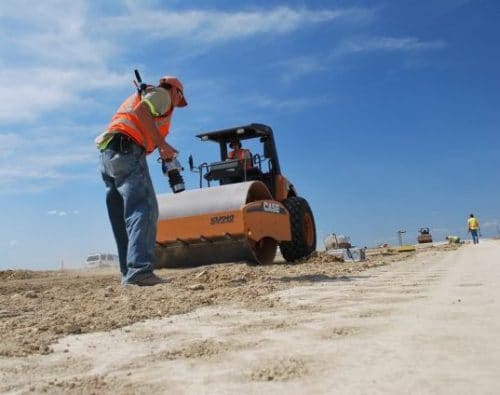
IC rollers maintain a continuous record of colour-coded plots, allowing the user to view plots of the precise location of the roller, the number of roller passes, and material stiffness measurements.
IC helps attain high compaction quality and uniformity and provides a direct link between pavement design parameters (modulus), roller compaction (stiffness / modulus indication) and testing (field and laboratory).
At a high level, IC systems, well implemented, can lead to:
- Enabling continuous placement of material with confidence (without waiting for traditional test results)
- Reducing the risk of rework
- Increased compaction uniformity
- Lower construction costs through cost savings
- Better documentation & pavement management
- Construction verification of design values
Using Intelligent Compaction in combination with the PANDA Instrumented DCP and Light Weight Deflectometer, there is potential to increase layer lift thicknesses with confidence. This is a construction game changer.
For the most comprehensive global resources about Intelligent Compaction, check out Intelligent Construction. In Europe and China, Intelligent Compaction is know as Continuous Compaction Control (CCC).
If you work with, for example, a contractor, government agency or consultant and you are looking for Intelligent Compaction Implementation Advice and Support, we can help.
Compaction is one of the most important processes in pavement construction and, done well, leads to long-lasting pavement performance and reduced maintenance costs. Current procedures using conventional compaction machines often result in inadequate and/or non-uniform material compaction, which can be one of the major factors in premature pavement failure. IC helps users overcome this issue by optimising the compaction process.
Intelligent Compaction Implementation Advice & Support
Rollers fitted with Intelligent Compaction technology are used for granular soils, cohesive soils, aggregate bases and subbase and asphalt materials.
Intelligent Compaction provides the direct link between pavement design parameters (modulus), roller compaction (stiffness / modulus indication) and testing (field and laboratory). Our expertise covers all these areas, which is unique in Australia and New Zealand.
Through our global network, we benefit from strong technical relationships with roller OEM’s, Intelligent Compaction retrofit kit OEM’s and OEM in country distribution partners / vendors.
In May 2018, Insitutek organised the first ever one day workshop on Intelligent Compaction in Australia; Intelligent Compaction: Working Towards Achieving Compaction Uniformity. The event attracting over 150 participants from contractors, road authorities, industry bodies, design consultants, geotechnical testing specialists, universities and OEM roller / IC retrofit kit manufacturers and distributors.
In July 2020, the National Asset Centre of Excellence (NACoE) presented ‘Implementation of Intelligent Compaction in Queensland’. You can listen to the webinar and download the slides.
In September 2021, Insitutek’s Robin Power was an invited panelist at the SPARC International Workshop on Intelligent Compaction 2021 and chaired the final panel discussion. SPARC is the Smart Pavements Research Collaboration, led by Monash University. The SPARC Hub is providing an unprecedented opportunity for the Australian pavement industry to solve problems, innovate, advance practice and drive commercial benefits. The SPARC Hub brings together local and overseas researchers, road and other transport agencies, local councils, infrastructure managers and contractors, and material suppliers in a five-year program of research and development, training and technology transfer.
To find out more, Contact Us.








































